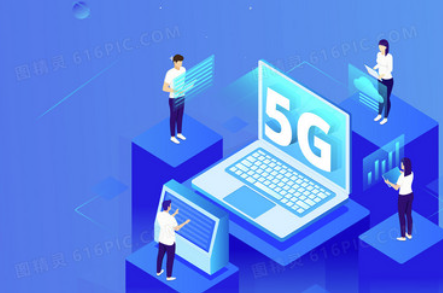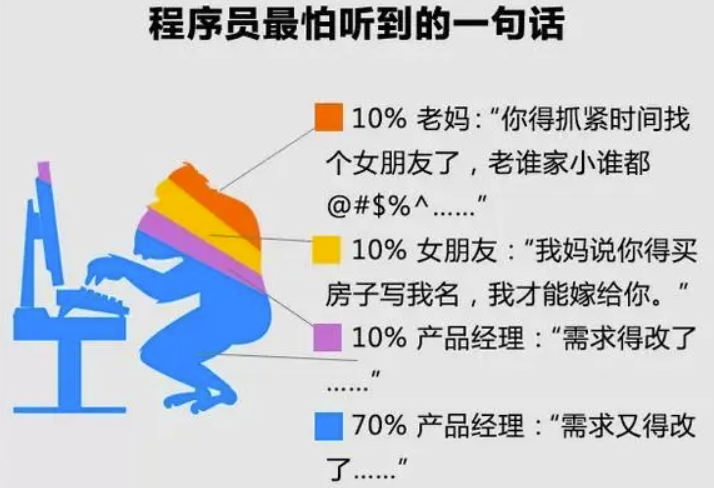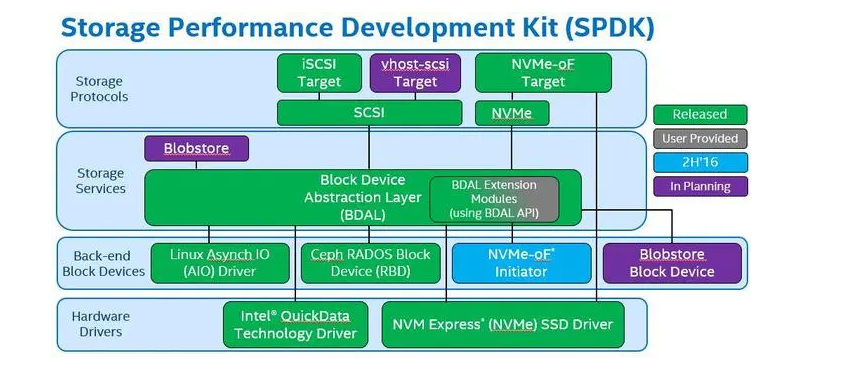VPN stands for Virtual Private Network. It is a technology that allows users to connect to the internet securely and privately. VPNs work by creating an encrypted connection between the user’s device and a remote server operated by the VPN service provider.
When you connect to a VPN, your internet traffic is routed through the secure tunnel created by the VPN. This means that your ISP (Internet Service Provider) cannot see what websites you are visiting or what data you are sending or receiving. Additionally, your IP address (which can be used to track your online activities) is hidden, which helps protect your privacy.
There are many reasons why people use VPNs, including:
- To access geo-restricted content (e.g., streaming services only available in certain countries)
- To protect their privacy while using public Wi-Fi networks
- To bypass censorship or government surveillance
- To avoid ISP throttling (i.e., slowing down of internet speeds)
It is important to choose a reputable VPN service provider that does not log user activity and uses strong encryption protocols.





















